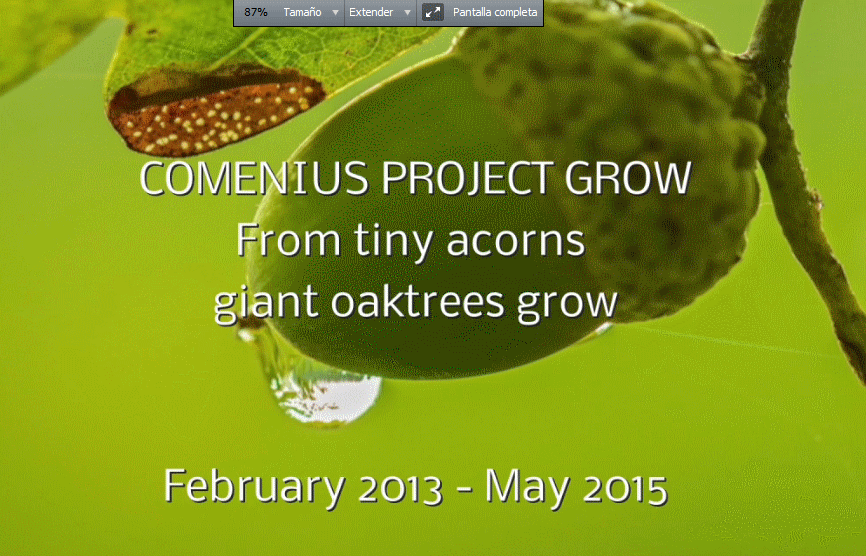St Edmund's Nursery School and Children's Centre
About us: St Edmund's Nursery School and Children's Centre is situated in a highly urban area of Bradford (England). It serves a community which experiences high levels of social and economic disadvantage in a densely populated area approximately two miles from the city centre; the area has mostly older terraced housing. The proportion of children who live in workless households or with low incomes is high, as is the number of families in receipt of benefits. Most children enter early years education with knowledge and skills that are below expectations for their age. The vast majority of families are of Pakistani heritage, with a small minority from White British heritage backgrounds. A growing number of families from other minority ethnic groups, particularly of Eastern European heritage, are moving into the centre’s reach area. Most children speak English as an additional language, with almost one half at an early stage of learning to speak English when they join. Although the majority of children live nearby, the school draws from a wide area across the city. The proportion of children with special educational needs and/or disabilities is well above average. The school provides a `resource base’ for the local authority for up to 20 children with severe or complex learning difficulties and/or disabilities. These children are fully integrated into the main school.
Our role in the project is to participate in all the project activities and work with the themes. We will also have a special responsibility for planning and implementing the first meeting together with our UK sister pre-school:
Our role in the project is to participate in all the project activities and work with the themes. We will also have a special responsibility for planning and implementing the first meeting together with our UK sister pre-school:
Midland Road Nursery School and Children's Centre
Midland Road is located in highly urban environments within the large inner city area of Bradford, West Yorkshire and serves an ethnically diverse community, including families of South Asian heritage and an increasing number of families from Eastern Europe.The aim of the project, working in partnership with practitioners, children and parents, is to establish a community-wide approach which values non-materialistic resources and utilizes local opportunities. In turn we believe this will have a positive impact on the quality of life for our children and families and raise the profile of environmental issues. To enable us to have a global perspective and to support our children in becoming ambassadors for sustainable 21st century life we are keen to use the Comenius Project to develop our practice through active research and development in partnership with European colleagues. Through working with others we envisage deepening our understanding of how we can further support our children to become more aware of the impact of their own actions as active citizens. Our role in the project is to engage in all the activities and together with our UK sister pre-school arrange the first meeting with everytihng connected to this.
SCHOOLS PRESENTATION
LIFECYCLES ENGLAND
ENERGY AND HOW PLANTS GROW
SCHOOLS PRESENTATION
LIFECYCLES ENGLAND
ENERGY AND HOW PLANTS GROW







